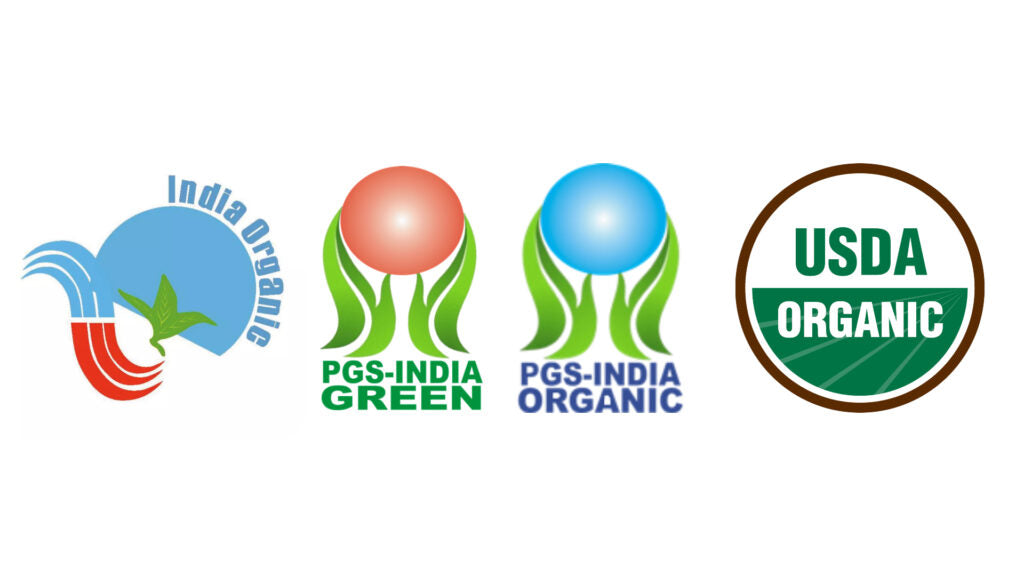Introduction
As parents and caregivers, we all want the best for our children and families. In 2025, with health and wellness at the forefront of family life, more people are turning to organic fruits and vegetables to nourish their loved ones. But what makes organic produce such a smart choice for kids and families? This comprehensive guide explores the science-backed benefits of organic fruits and vegetables, from nutrition and safety to taste and sustainability, helping you make informed choices for your family’s well-being.
What Does “Organic” Really Mean?
Organic fruits and vegetables are grown without synthetic pesticides, fertilizers, genetically modified organisms (GMOs), or artificial additives. Organic farming emphasizes soil health, biodiversity, and environmentally friendly practices. This means the produce you put on your family’s table is as close to nature as possible—clean, safe, and packed with nutrients.
1. Higher Nutritional Value for Growing Kids
Packed with Essential Nutrients
Research consistently shows that organic fruits and vegetables often contain higher levels of key nutrients compared to their conventionally grown counterparts. Studies have found that organic produce can have significantly higher levels of vitamin C, iron, magnesium, phosphorus, and antioxidants—nutrients essential for your child’s growth, brain development, and immune function. For instance, organic tomatoes can have up to 50% more vitamin C, and organic strawberries are richer in vitamin C and fiber.
More Antioxidants for Better Health
Antioxidants are vital for protecting the body from harmful free radicals and supporting disease resistance. Organic fruits and vegetables can increase your family’s antioxidant intake by 20–40%. This means eating organic is like getting an extra serving of antioxidants each day, supporting your child’s overall health and helping to prevent chronic diseases.
2. Reduced Exposure to Harmful Chemicals
Lower Pesticide Residue
Children’s bodies are more vulnerable to the effects of synthetic pesticides and chemicals. Organic farming prohibits the use of these substances, resulting in produce with dramatically lower pesticide residues. Studies show that switching to an organic diet can reduce children’s pesticide exposure to undetectable levels within days. This is especially important because even low-level exposure to pesticides has been linked to developmental, neurological, and hormonal issues in children.
Free from GMOs and Artificial Additives
Organic fruits and vegetables are also free from genetically modified organisms (GMOs), artificial preservatives, and colorings. This reduces the risk of allergic reactions, hyperactivity, and other adverse health effects sometimes associated with food additives in children.
3. Improved Gut Health and Digestion
A healthy gut is crucial for nutrient absorption, immune function, and overall well-being. Organic produce, grown in nutrient-rich soil and free from harsh chemicals, supports a healthier gut environment. This can lead to better digestion, reduced gastrointestinal issues, and improved nutrient uptake in kids and adults alike.
4. Enhanced Taste and Encouragement for Healthy Eating
Naturally Rich Flavors
Many families find that organic fruits and vegetables simply taste better. Grown in healthy, living soil and allowed to ripen naturally, organic produce develops fuller, more robust flavors. This can make it easier to encourage picky eaters to try—and enjoy—a wider variety of fruits and vegetables.
Eating the Rainbow
Organic farming often results in produce with more vibrant colors, indicating higher levels of phytonutrients and antioxidants. Encouraging your kids to “eat the rainbow” with colorful organic produce not only makes meals more appealing but also ensures a diverse intake of nutrients.
5. Lower Risk of Allergies and Sensitivities
Organic produce, free from synthetic pesticides and additives, is less likely to trigger allergies or sensitivities in children. By minimizing exposure to potential allergens, organic fruits and vegetables can help promote a healthier immune system and reduce the risk of common childhood allergies.
6. Supports Healthy Growth and Development
The combination of higher nutrient density, lower chemical exposure, and improved digestion means that organic fruits and vegetables provide optimal support for children’s physical and cognitive development. Essential vitamins, minerals, and antioxidants contribute to strong bones, healthy organs, and sharp minds.
7. Better for the Environment and Future Generations
Sustainable Farming Practices
Organic farming methods protect the environment by conserving soil, reducing water pollution, and promoting biodiversity. By choosing organic, families help support farming practices that are sustainable and preserve the planet for future generations.
Lower Carbon Footprint
Organic produce is often grown locally and seasonally, reducing the environmental impact associated with long-distance transportation and storage. Supporting local organic farmers also strengthens community food systems.
8. Encourages Family Wellness Habits
Building Healthy Routines
Choosing organic fruits and vegetables can inspire the whole family to adopt healthier eating habits. Kids who are introduced to fresh, flavorful produce early in life are more likely to develop a lifelong love for fruits and veggies.
Family-Friendly Recipes
Organic produce opens up a world of creative, colorful, and nutritious meals. From vibrant salads to fun smoothie bowls and homemade snacks, the possibilities are endless for making healthy eating enjoyable for everyone.
9. Market Trends: Why More Families Are Going Organic
The global organic fruits and vegetables market is growing rapidly, expected to reach over $62 billion in 2025. This surge is driven by increased health awareness, environmental concerns, and a desire for cleaner, safer food for children. Urban families, in particular, are leading the shift toward organic as part of a broader movement toward wellness and sustainability.
10. Tips for Introducing Organic Fruits & Vegetables to Kids
-
Start Small: Swap one or two conventional items for organic each week.
-
Get Kids Involved: Let children help pick out organic produce at the store or farmers’ market.
-
Make it Fun: Create colorful plates, fruit kabobs, or veggie faces to engage little eaters.
-
Try New Flavors: Experiment with different organic fruits and veggies to expand your child’s palate.
-
Grow Your Own: If possible, start a small organic garden at home to teach kids about where food comes from.
Conclusion
Choosing organic fruits and vegetables is one of the most effective ways to support your family’s health, protect your children from harmful chemicals, and promote a sustainable future. With higher nutrient content, better taste, and reduced risk of allergies and sensitivities, organic produce is a smart investment in your family’s well-being. As the organic movement continues to grow in 2025, now is the perfect time to embrace the benefits of organic for kids and families—one delicious bite at a time.




